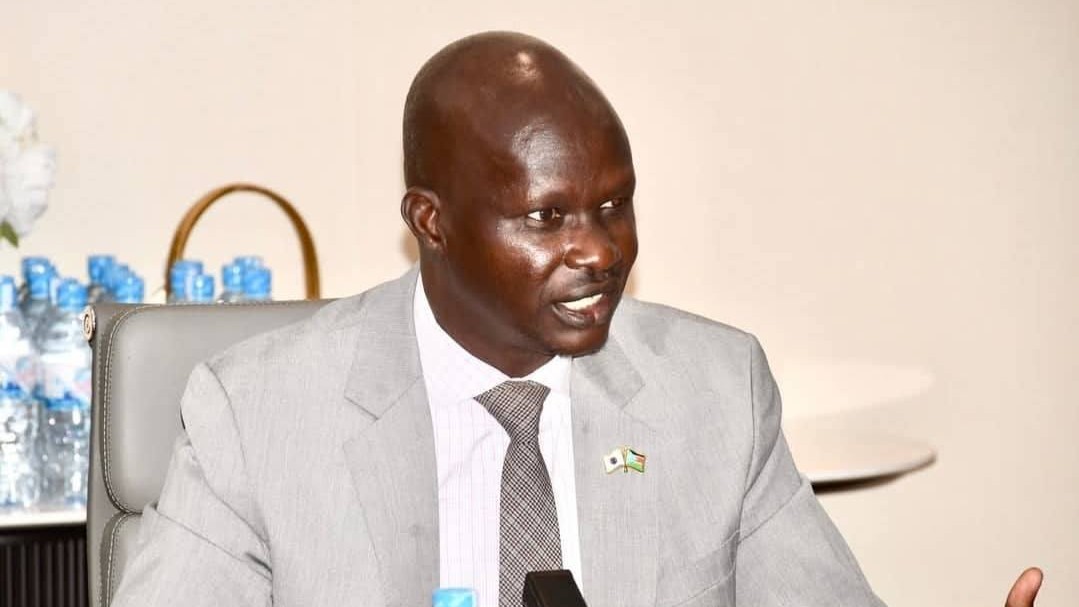Central Bank to pay salaries via mobile money as cash crisis deepens


The proposal follows a high-level meeting convened on Thursday by the newly appointed BoSS Governor, Addis Ababa Othow, with representatives from South Sudan’s telecommunications operators, the National Communication Authority (NCA), and the Ministry of Information, Communication, Technology, and Postal Services.
The discussions focused on transitioning from cash-based transactions to a digital payment ecosystem, a shift aimed at improving efficiency, transparency, and public trust in the financial system.
According to the Ministry of Information, the meeting emphasised integrating mobile money platforms with commercial banks to facilitate seamless salary payments for civil servants. Key objectives include establishing affordable withdrawal tariffs, ensuring robust cybersecurity measures, and enhancing interoperability between mobile money services and banking systems.
Governor Othow reportedly directed mobile operators and the NCA to accelerate the integration process to enable a swift rollout of the initiative.
South Sudan’s major telecommunications providers—Zain, MTN, and Digitel—are set to play a pivotal role in the transition. Once implemented, Zain subscribers will use the Mgurush platform, MTN users will transact via MOMO, and Digitel customers will rely on Digicash for salary withdrawals and other financial transactions.
The shift to mobile money payments is part of a series of reforms spearheaded by Governor Othow, who was appointed by President Salva Kiir this week to address South Sudan’s mounting economic woes.
The country, heavily dependent on oil revenues, has faced years of economic instability due to civil conflict, global oil price fluctuations, and mismanagement. Hyperinflation, currency depreciation, and a chronic cash shortage have left civil servants unpaid for months, fueling public discontent and economic hardship.
The earlier directive requiring civil servants to open bank accounts aimed to modernise salary payments and reduce the logistical challenges of cash disbursements. However, the scarcity of physical currency seemingly hindered the implementation of this directive, prompting the BoSS to explore mobile money as a viable alternative.
Mobile money services, widely used in neighbouring countries like Kenya and Uganda, allow users to store, transfer, and withdraw funds via mobile phones, offering a practical solution in areas with limited banking infrastructure.
While the adoption of mobile money for salary payments could yield significant benefits for South Sudan by reducing the need for physical cash and alleviating pressure on the country’s strained liquidity, the initiative faces substantial hurdles in the context of South Sudan.
Mobile money services depend on liquidity at agent networks, which have struggled to meet demand in recent weeks. For instance, MTN’s MOMO users expressed frustration over their inability to withdraw cash in the past months, raising public fears about depositing money.
This problem has been compounded by the reluctance to embrace digital transition by the majority South Sudanese population who stash cash in their bedrooms, emboldened by a lack of confidence in the country’s digital financial systems.
sudanspost.com